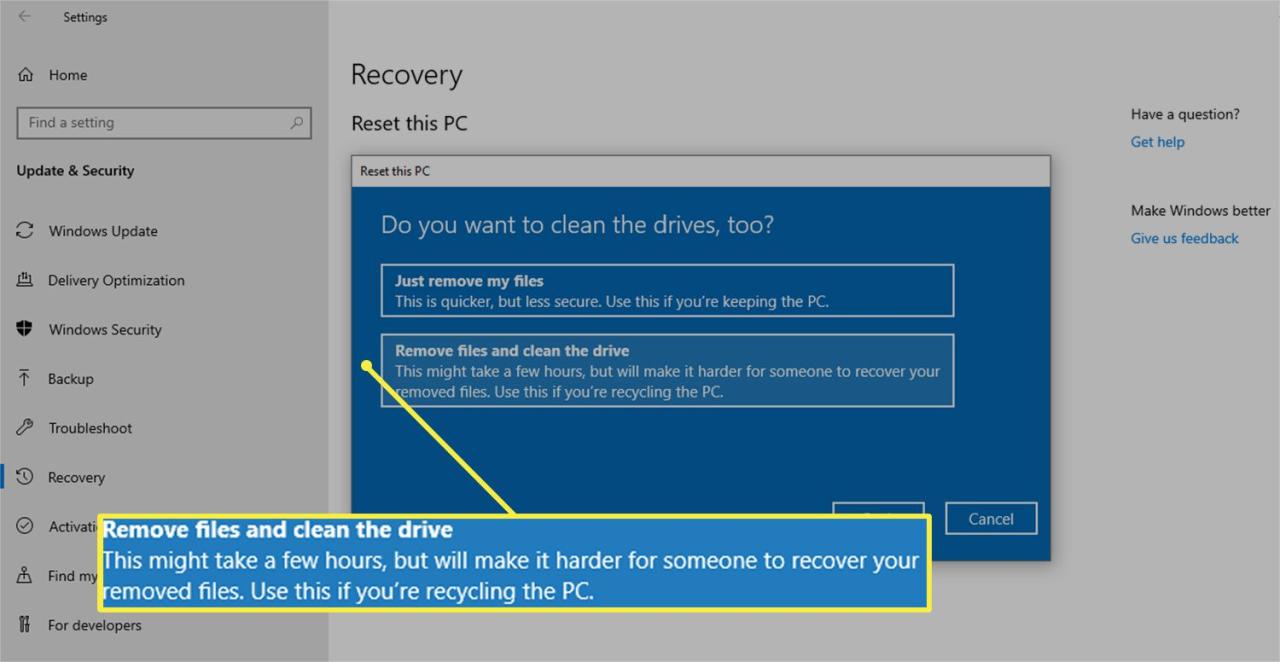How to Recover Deleted Photos on Android and iPhone is a pressing concern for many users who may find themselves in a panic after accidentally deleting cherished memories. In today’s digital age, where images capture moments of joy, celebration, and milestones, knowing how to retrieve those lost photos can bring peace of mind. Whether you’re an Android enthusiast or an iPhone aficionado, this guide delves into effective methods to recover your deleted images, ensuring you never lose those precious snapshots again.
We’ll explore various recovery techniques, from utilizing built-in features to employing third-party apps, making sure you have all the tools at your disposal to reclaim your lost files. So, let’s dive into the world of photo recovery and discover the steps you can take to restore your digital memories.
Welcome to the fascinating world of learning! In this post, we’re going to explore the importance of continuous education and how it can enhance our lives in numerous ways. Whether you’re a student, a professional, or someone simply curious about the world, understanding the value of lifelong learning can open doors you never knew existed.
### The Value of Lifelong Learning
Lifelong learning is a term that describes the ongoing, voluntary, and self-motivated pursuit of knowledge for personal or professional development. It’s not just about formal education; it encompasses a wide range of experiences that contribute to our understanding of life and the world around us. This can include online courses, podcasts, workshops, seminars, or even just picking up a book on a topic that piques your interest.
#### Why Should You Embrace Lifelong Learning?
1. Adapting to Change: In today’s fast-paced world, change is the only constant. New technologies, methodologies, and societal norms keep emerging, and staying updated can be challenging. Lifelong learning helps you adapt to these changes effectively, ensuring that you remain relevant in your field.
2. Career Advancement: Continuous education often leads to new job opportunities and promotions. Employers appreciate employees who take the initiative to improve their skills and knowledge. By investing in your education, you not only enhance your current skill set but also position yourself as a strong candidate for future roles.
3. Personal Satisfaction: There’s a unique joy that comes from learning something new. It stimulates our minds, fosters creativity, and can even contribute to our overall happiness. Engaging in learning activities can reduce stress and increase your sense of purpose.
4. Building Connections: Learning doesn’t have to be a solitary activity. Joining classes or workshops provides opportunities to meet new people and network within your field or area of interest. These connections can lead to partnerships, collaborations, or even lifelong friendships.
5. Developing Critical Thinking Skills: The ability to analyze information, ask questions, and solve problems effectively is more important than ever. Lifelong learning encourages critical thinking, helping you navigate complex situations both in personal and professional contexts.
### How to Incorporate Lifelong Learning into Your Life
Now that we’ve established why lifelong learning is essential, let’s discuss how you can easily integrate it into your daily routine.
#### 1. Set Clear Goals
Start by identifying what you want to achieve through your learning endeavors. Are you looking to advance in your career, explore a new hobby, or simply satisfy your curiosity? By setting clear, achievable goals, you can focus your efforts and measure your progress.
#### 2. Utilize Online Resources
The internet is a treasure trove of educational resources. Websites like Coursera, Udemy, and Khan Academy offer a plethora of courses on a wide variety of subjects. Additionally, platforms like YouTube and podcasts can provide valuable insights and information on topics of your choice.
#### 3. Read Regularly
Reading is one of the simplest and most effective ways to learn. Set aside time each day to read books, articles, or even blogs that pique your interest. This habit not only increases your knowledge but also improves your focus and concentration.
#### 4. Attend Workshops and Seminars
Look for workshops or seminars in your area or online that align with your interests. These interactive sessions often provide hands-on experience and the chance to ask questions directly to experts in the field.
#### 5. Join a Learning Group
Consider joining a book club, study group, or any community that focuses on learning. Engaging with others who share your interests can motivate you and provide new perspectives on the material you’re exploring.
#### 6. Embrace Failure
Learning is a process that often involves making mistakes. Instead of fearing failure, embrace it as a stepping stone to learning. Each setback provides valuable lessons; understanding what went wrong can guide you toward future success.
### Conclusion
In a world that’s constantly evolving, the importance of lifelong learning cannot be overstated. It’s not merely an academic pursuit; it’s a lifestyle choice that enriches our lives in countless ways. By adopting a mindset geared towards learning, you open yourself up to new opportunities, enhance your professional life, and contribute positively to your overall well-being.
So, whether you’re just starting out on your learning journey or you’re a seasoned pro, remember that every moment is an opportunity to learn something new. Embrace it! And don’t forget to share your learning experiences with others—it might just inspire someone else to embark on their own journey of discovery.
Question & Answer Hub: How To Recover Deleted Photos On Android And IPhone
Can I recover deleted photos from my Android without a backup?
Yes, you can use recovery apps available on the Google Play Store to attempt retrieving deleted photos.
Is it possible to recover deleted photos on iPhone after 30 days?
Once photos are deleted from the Recently Deleted folder after 30 days, recovery options are limited but not impossible using specialized recovery software.

What should I do immediately after deleting a photo by mistake?
Avoid using the device as much as possible to prevent overwriting the deleted data, and try to recover the photo as soon as you can.
Are third-party recovery apps safe to use?

Many third-party recovery apps are safe, but it’s essential to research and choose reputable ones with positive user reviews.
How often should I back up my photos to avoid loss?
Regular backups, ideally every few weeks, are recommended to ensure you retain your memories securely.



